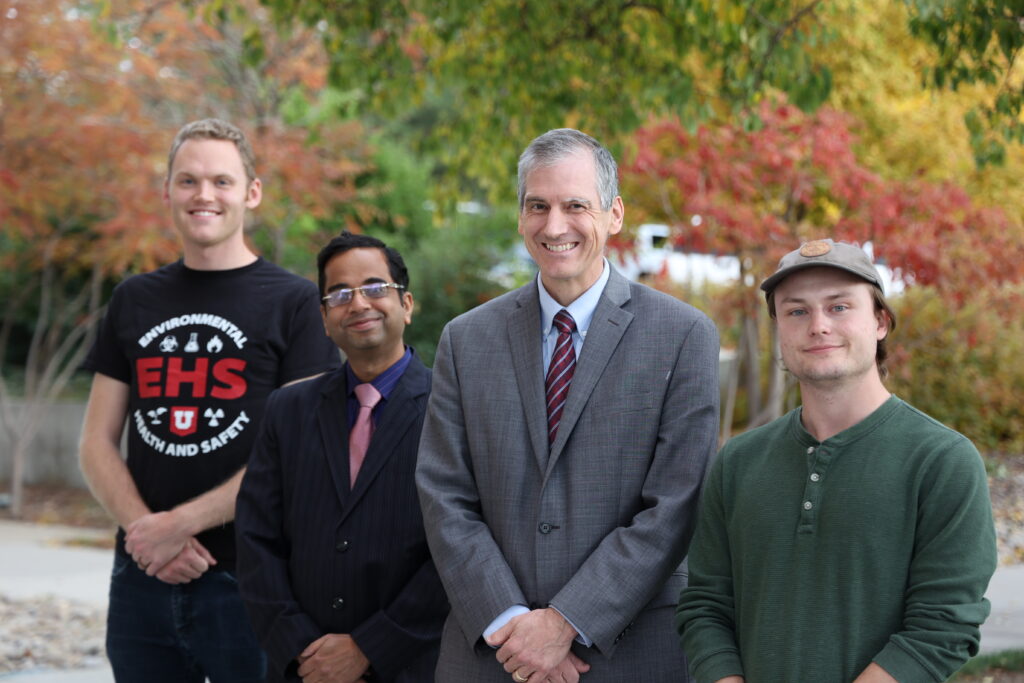Think about the device you’re reading this on. Whether it’s a smartphone, tablet or laptop, it contains dozens of rare earth elements and critical metals that make its operation possible. Yet the United States currently relies on foreign sources for approximately 90% of some of these essential materials, creating vulnerabilities in our supply chain for everything from consumer electronics to clean energy technology
The University of Utah is taking bold steps to address this challenge. Mike Free and Prashant Sarswat, metallurgical engineers from the Department of Materials Science and Engineering, have secured two significant funding awards to advance innovative technologies for rare earth elements (REE) and critical metals (CM) processing.

The Defense Advanced Research Projects Agency (DARPA) has awarded $220,446 for developing refined REE and CM products at 90% purity. Additionally, the Department of Energy (DOE) has committed $5 million to support a comprehensive project focused on upgrading mineral resources and optimizing extraction and separation processes to achieve an exceptional 99% purity level for some individual REE and CM products.
“We’re starting with unconventional resources to build a larger supply chain here in the U.S.,” explained Free, principal investigator of the projects. “We are exploring new approaches that are more environmentally friendly. Some of the technologies we’re developing, like our magnetic separation process, use no additional chemicals, which are very different from conventional processing that can require hundreds of steps and typically involves substantial amounts of acid.”
The research team, which includes graduate students Easton Sadler and Benjamin Schroeder, is developing innovative separation techniques, including a unique device that uses strong magnets to separate rare earth elements based on their magnetic properties. They are also exploring new environmentally friendly extraction methods using specialized materials that can selectively absorb specific elements.
Click here to read the full story from the College of Science.

